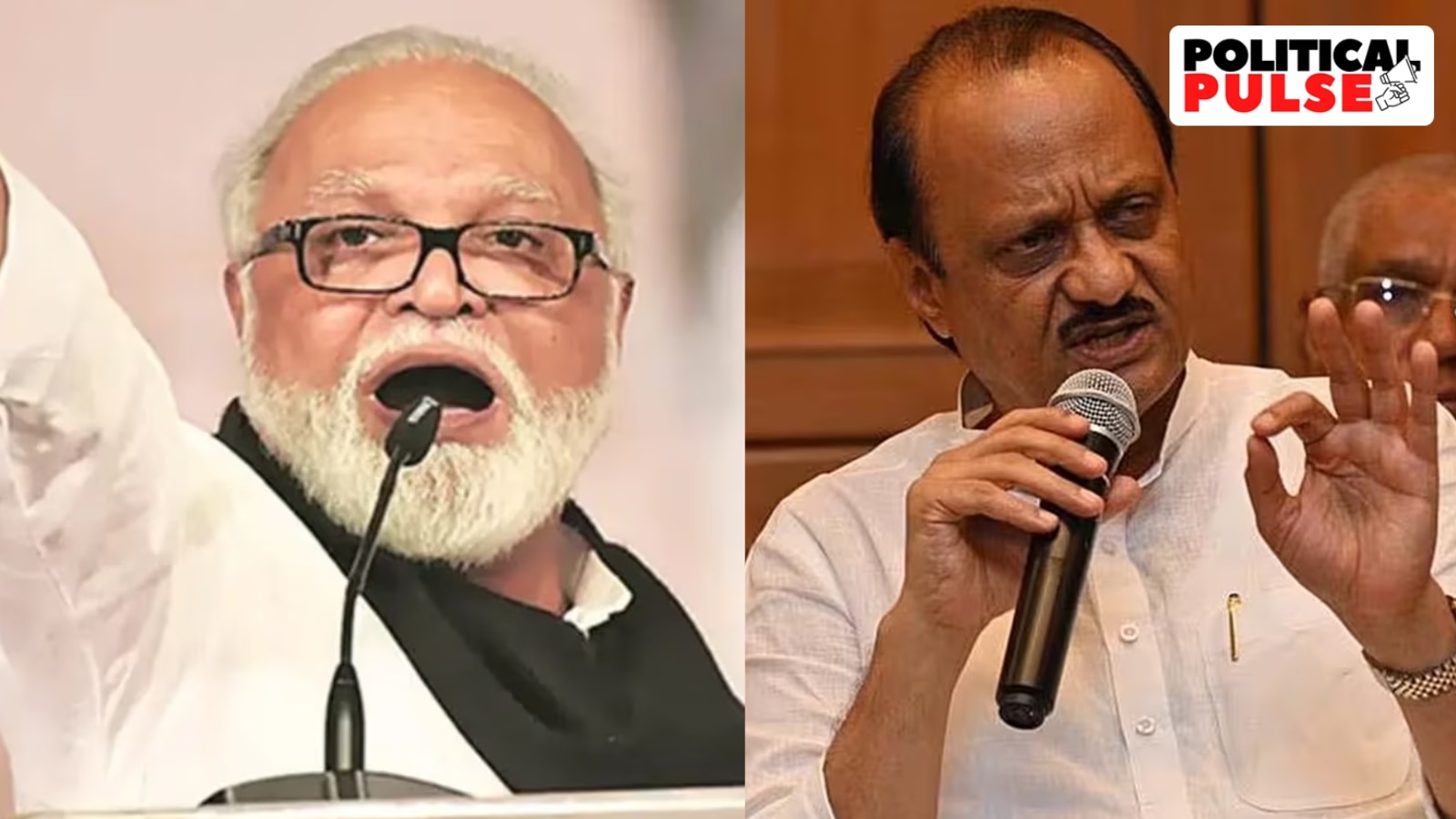 |
|
The recent political maneuvering in Maharashtra has brought to the forefront the simmering discontent of veteran politician Chhagan Bhujbal, a long-time member of the Nationalist Congress Party (NCP). His exclusion from the newly expanded cabinet, a move widely attributed to Deputy Chief Minister Ajit Pawar, has ignited speculation about a potential split within the party. Bhujbal’s past actions, marked by both political ambition and periods of adversity, provide a context for understanding his current predicament and the potential ramifications for the NCP. This seasoned politician's career trajectory reflects both a shrewd understanding of power dynamics and vulnerability to the shifting sands of Maharashtra's political landscape. His journey, from humble beginnings selling vegetables to achieving high ministerial posts, is a compelling narrative reflecting both his undeniable political skill and the ethical complexities that have shadowed his career.
Bhujbal’s history is one of calculated moves and shifts in alliances. His early allegiance to Bal Thackeray's Shiv Sena, marked by a meteoric rise, ended abruptly with his defection in 1991. This break, triggered by perceived political slight, saw him lead a group of rebel MLAs, showcasing his capacity to orchestrate significant political disruptions. This act set the stage for his subsequent alignment with Sharad Pawar, a move that cemented his position within the NCP and propelled him to senior ministerial roles. His long tenure within the NCP has been punctuated by both moments of influence and controversies. The Telgi stamp scam, which implicated him, led to a temporary resignation, yet he managed to regain his standing, highlighting his political resilience and ability to weather significant crises. This demonstrates an ability to not only navigate through setbacks but to use them strategically to reposition himself within the political sphere. His capacity to survive and thrive, despite accusations and legal challenges, reflects a rare political survival instinct.
The current conflict with Ajit Pawar appears to be a culmination of long-standing tensions and strategic miscalculations. Ajit Pawar, known for his strong grip on the NCP's internal workings, has allegedly marginalized Bhujbal, leading to the latter's public expression of frustration and a veiled threat of revolt. This clash isn't simply a personal disagreement but underscores a deeper struggle within the NCP's leadership. It reflects the ongoing power struggles and shifting loyalties within the party, and highlights a dynamic where the older guard of NCP veterans is facing a new political order led by a younger and more assertive leadership. The exclusion of Bhujbal from the cabinet isn't just a symbolic act; it’s a calculated removal of a powerful figure who, while weakened by age and legal battles, still retains significant influence amongst a key section of the OBC voter base in Maharashtra. The implications extend beyond the personal ambitions of Bhujbal; they represent a larger power struggle within the NCP, and potentially a broader realignment of political forces in the state.
Bhujbal’s political future remains uncertain. While his rhetoric suggests a willingness to fight back, his age and lingering legal issues pose significant challenges. His ability to galvanize support and successfully challenge Ajit Pawar’s hold on the NCP is questionable. The shifting political landscape of Maharashtra, marked by fluid alliances and power dynamics, makes the outcome unpredictable. His recent outspoken stance against the Maratha community’s demand for Kunbi (OBC) status, while arguably a strategic move to bolster his position as a leading OBC leader, also illustrates the high-stakes calculations he's making. His actions, intended to demonstrate relevance and strengthen his OBC voter base, may have inadvertently decreased his overall support, thus making his path to a political resurgence even more challenging. The once formidable leader now faces a battle against both his political opponents and the undeniable passage of time. His legacy, still significant, is now intertwined with the question of his ability to remain relevant in the state’s shifting political landscape.
The consequences of Bhujbal's potential revolt extend far beyond his individual career. It has the capacity to destabilize the existing NCP structure, leading to further fragmentation. This could profoundly impact the delicate balance of power in the state’s coalition government. It would also have significant implications for the upcoming elections, creating uncertainty and influencing voter choices. Whether he successfully instigates a rebellion or becomes a marginalized figure remains to be seen, but his current actions represent a significant turning point in Maharashtra's political drama. His choices, however, are constrained not just by age and political realities but also by his own track record of calculated shifts in alliance, raising questions regarding his reliability as a political partner, regardless of which side he chooses. His continued relevance within state politics and his influence on the future of the NCP remain hanging in the balance; the outcome will shape the political trajectory of Maharashtra for years to come.
Source: Can Chhagan Bhujbal hurt NCP? Left in the cold by Ajit Pawar, former minister plots a fightback
